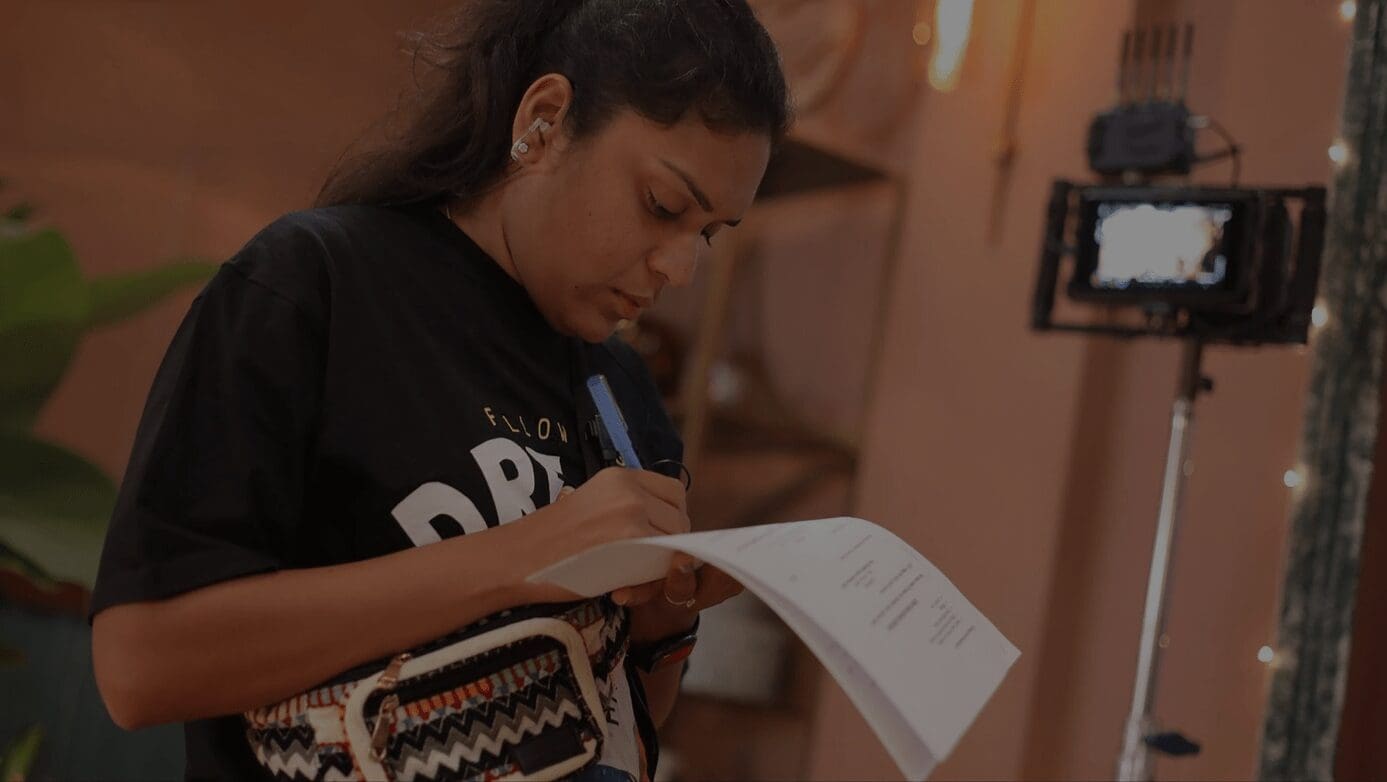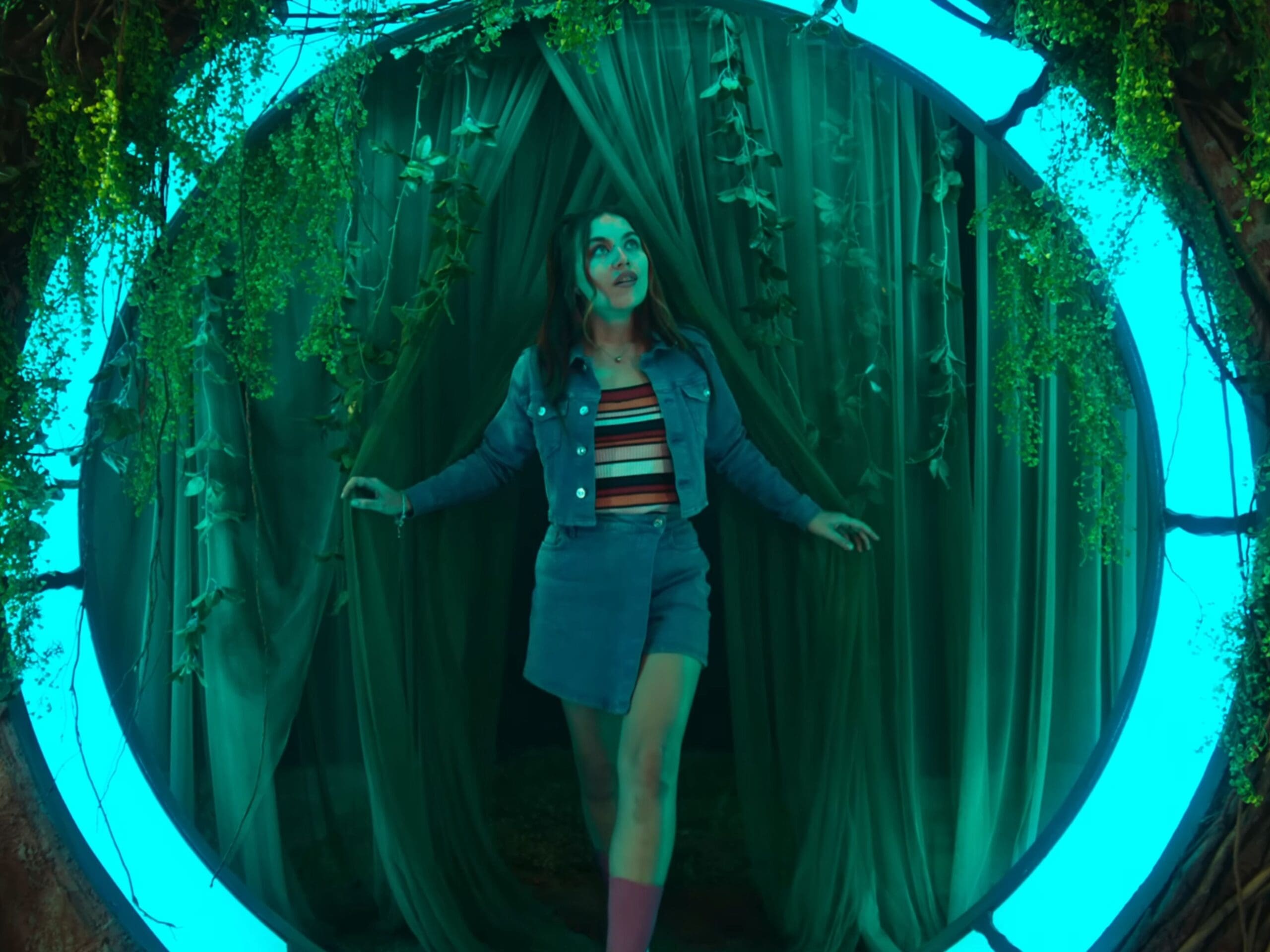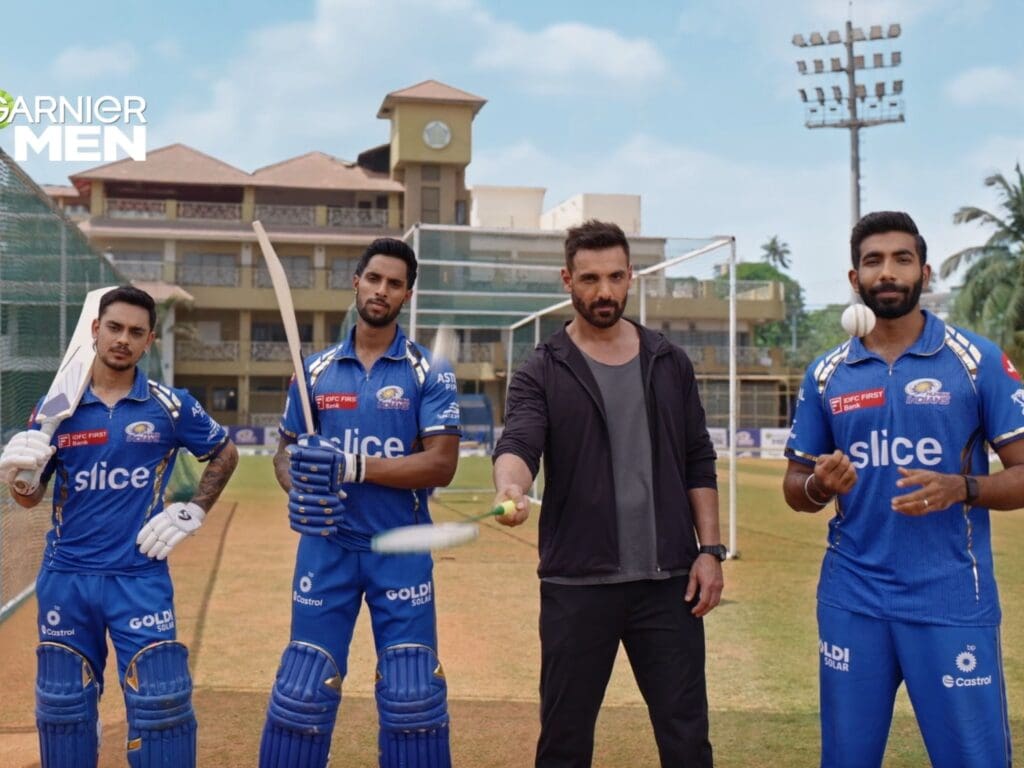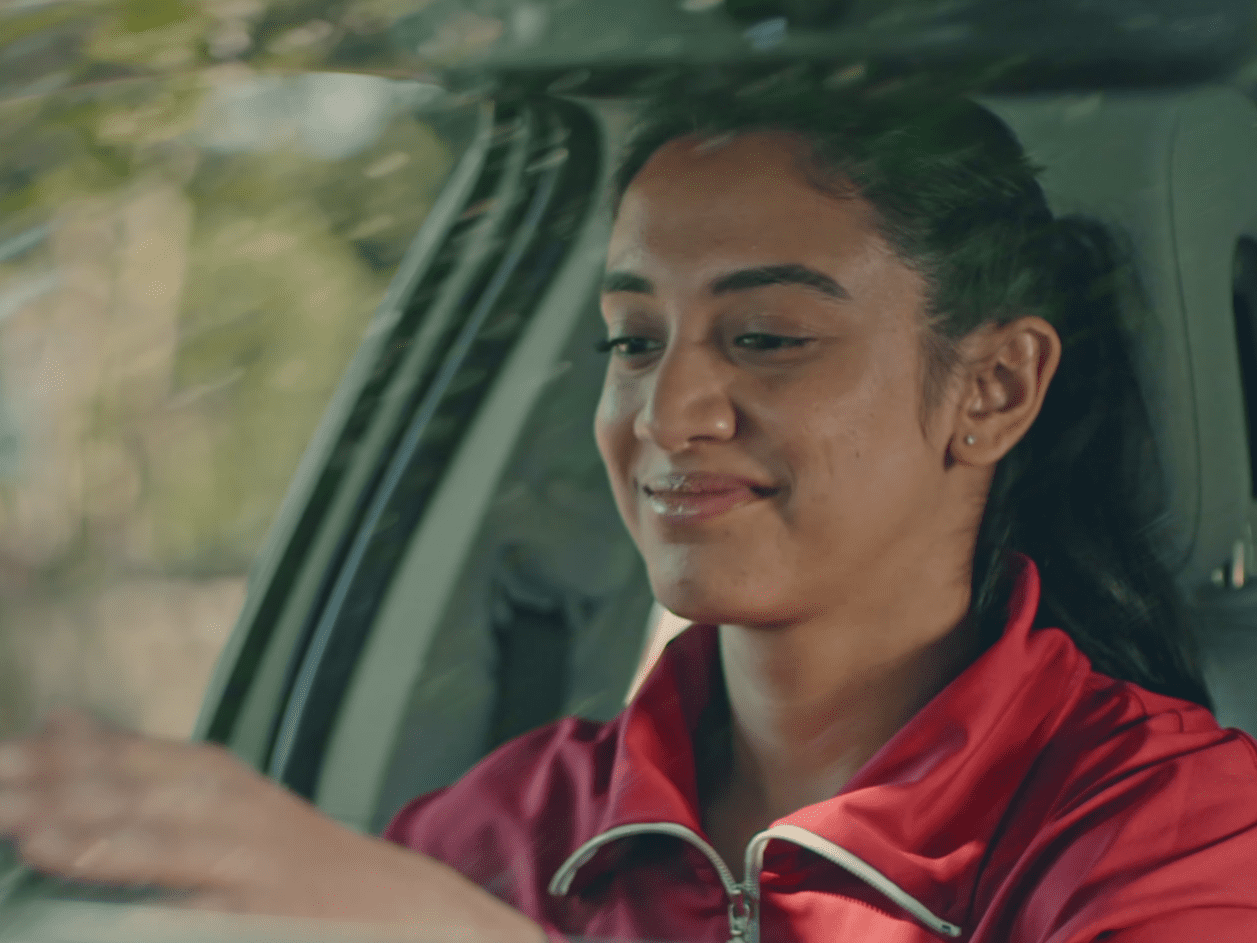Ad filmmaking is an art form that intertwines creativity and commerce to deliver messages, promote products, and engage audiences. Amidst the creative process, understanding the legal framework governing copyright and intellectual property rights is paramount to ensure the protection of original content and avoid legal disputes.

The copyright and intellectual property rights are applied to the ad films to keep its authenticity intact. Creating an ad film involves creative brainstorming as it is a manifestation of the visual ideas and thoughts. There is a lot of time invested in creating entertaining content and creating a structured script. Highlighting the performers and talent while promoting the brand and its products is a challenge. So, to maintain the authenticity of a director’s hard work, these legal rights are implied.
The Intellectual Property Rights refers to the creative works such as inventions, artistic works, designs, symbols, poetry, advertisement and so on. These rights are given to the individuals over the creation of their minds. The owners of the creation have exclusive rights over their creation for a certain time. These rights are highly used in both the entertainment and creative industries. It is with these rights that the creators get to exclusively protect their ownership. With their ownership intact, no one else can benefit from their work unless permitted.
For this, the top AD Film Makers India rely on these rights as an effective way to protect their work. Let us delve deep into the copyright and intellectual property in ad filmmaking.
Copyright and Its Relevance in Ad Filmmaking

Copyright laws grant creators exclusive rights over their original works, enabling them to control how their creations are used and distributed. The top Advertising Filmmakers in India often look forward to getting a copyright grant so that their ad film ideas stay authentic.
In ad filmmaking, several elements fall under copyright protection:
- Scriptwriting: The script forms the foundation of an ad film. As a written work, it is automatically protected by copyright as soon as it’s fixed in a tangible form.
- Visual Elements: Visual aspects, including cinematography, graphics, and animations, are protected as visual arts under copyright law.
- Music and Sound: The use of music and sound effects in ad films requires permission from the copyright holders. Licensing agreements or obtaining rights are crucial to avoid infringement.
- Branding and Trademarks: Incorporating logos, slogans, or recognizable brand elements in ad films requires permission from the brand owner. Unauthorised use might lead to trademark infringement.
Intellectual Property and its Role in Ad Filmmaking
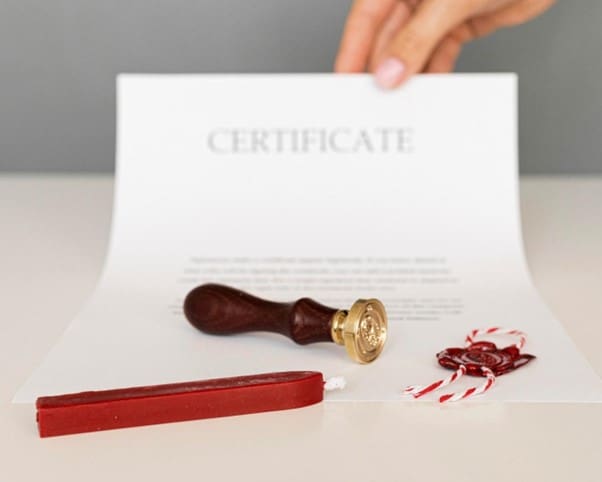
Apart from copyright, ad filmmakers encounter various aspects of intellectual property:
- Trademarks: Incorporating trademarks requires adherence to guidelines set by the trademark owner. The use of trademarks without proper authorization could result in legal consequences.
- Publicity Rights: Actors, models, or public figures appearing in ad films have rights over their image and likeness. Obtaining proper releases and permissions is crucial to avoid violating their publicity rights.
- Patents: Though less common in ad filmmaking, the use of patented technology or unique inventions might require licensing or permissions from patent holders.
Navigating Legal Challenges in Ad Filmmaking
Adhering to legalities in ad filmmaking involves several key steps:
- Clearances and Permissions: Conduct thorough research to identify copyrighted materials or trademarks used in the ad film. Obtain necessary permissions and licences before using such materials to avoid infringement issues.
- Contracts and Agreements: Draft comprehensive contracts with everyone involved in the production, including actors, crew members, composers, and any other contributors. Clearly define rights, obligations, and compensation to prevent disputes.
- Due Diligence: Perform due diligence to ensure that the ad film doesn’t violate any existing copyrights, trademarks, or patents. Seek legal counsel if uncertain about the legality of using specific materials.
- Documentation: Maintain detailed records of all permissions, licences, and agreements. This documentation serves as evidence of compliance with legal requirements and can be crucial if legal issues arise.
Strategies for Mitigating Legal Risks in Ad Filmmaking

To mitigate legal risks and safeguard against potential infringements:
- Consult Legal Experts: Engage legal professionals specialising in intellectual property and entertainment law. Their expertise ensures adherence to legal requirements and offers guidance on navigating complex legal issues.
- Create Original Content: Whenever possible, create original content to avoid potential copyright issues. Developing unique ideas and content reduces the reliance on third-party materials.
- Regularly Update Contracts: Given the evolving nature of the industry and legal landscape, review and update contracts regularly to ensure they align with current laws and practices.
- Obtain Insurance: Consider obtaining insurance policies that specifically cover legal liabilities associated with ad filmmaking. Such policies can provide financial protection in case of legal disputes. For this, the top Production House for ad film in India look forward to gaining these intellectual property rights for a seamless ad filmmaking experience.
Ad filmmaking is a dynamic field that thrives on creativity and innovation. However, amidst the creative process, understanding and adhering to legal issues surrounding copyright, trademarks, and intellectual property rights is crucial. By taking proactive measures, seeking legal guidance, and obtaining necessary permissions, ad filmmakers can navigate the intricate legal landscape, safeguard their creations, and avoid legal pitfalls, ensuring a seamless journey from concept to screen.


